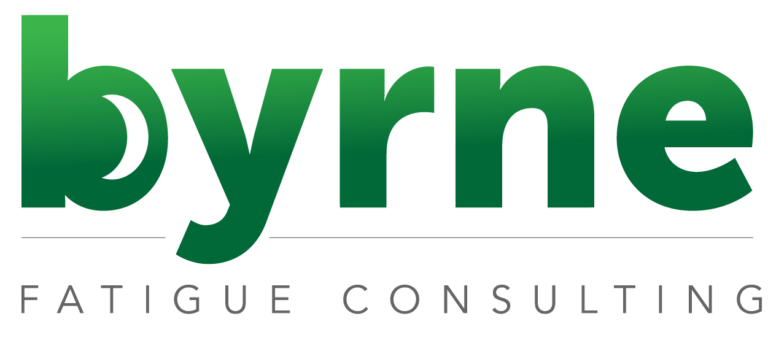
Sleep is not just something we do (or try to do). We don’t just close our eyes and forget about the world. There is a lot going on.
Think about it this way. When we close our eyes and go to sleep it is like a car being parked in a garage overnight. You turn off the headlights and a team of mechanics comes out and fuels up the car, changes the oil, replaces worn out parts and makes it as good as new so that when you wake up you have a full fuel tank and you are ready to go for the day. If the car is not in the garage long enough it will be short on fuel and will not be fully functioning.
Sleep is a critical brain function and your brain is your central processing unit (CPU). Short and/or disrupted sleep has consequences for your brain and your entire biological system. It should not be surprising that disrupting your CPU can cause mental lapses, poor learning, an increase in accidents and diabetes, Alzheimer’s disease, cancer, obesity etc.
We all suffer from poor or disrupted sleep from time to time, but it is chronic poor sleep that is the problem. What causes it? There are four major causes of poor sleep.
Sleep Disorders. There are over 90 known biological sleep disorders. Most go undiagnosed as people often don’t seek medical attention and when they do their general practitioner (GP) can’t help much as they normally only get one to two hours of sleep medicine training in a four year medical program. They either prescribe sleeping pills or send you to a sleep lab (or both). Studies show that as many as 30-40% of the population suffers from sleep disorders.
Mental Disorders. There are over 185 mental disorders, many of which can affect sleep and many go undiagnosed. Again, people often do not seek medical attention and when they do they are often given a simple screening tool, a prescription drug or sent to a specialist. The focus is normally on the mental issue not the poor sleep consequences. Studies show that about 20% of the population suffers from a mental disorder.
Medications. There are over 6000 prescription and over-the counter medications available. These can cause poor sleep by themselves or in combination with each other. But who reads the fine print on the bottles? And even if you do, there is little research demonstrating the effects of drug combinations. The pills could be keeping you awake. Nearly 70% of the US population is taking at least one prescription drug.
Lifestyle Issues. We all make decisions on how we spend our time while we are awake. Working long hours, choosing to volunteer early in the morning, staying up on the internet, watching movies, drinking coffee and many other daily choices we make can affect the opportunity to get good sleep. Poor choices can lead to poor sleep.
So, why aren’t you sleeping well? It may be for simple reasons, or maybe not!! But, it will be for one of the four reasons or it may be a combination of two or more. Poor sleep is often treated as a simplistic problem. Most commercial solutions (e.g. sleep watches & sleep hygiene) only deal with lifestyle issues (get some more sleep, don’t play on your computer at night – it is all about the choices you make.) The truth is, it’s much more complex. For example, 30-40% of insomnia cases are associated with mental disorders.
Our future blogs will take a deeper dive; looking at a broader range of solutions for these complex problems.
